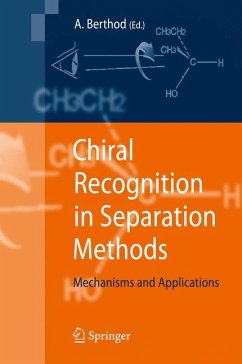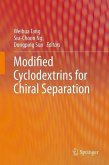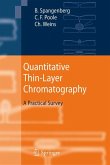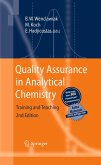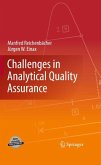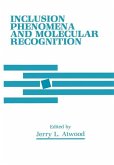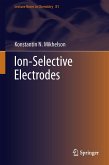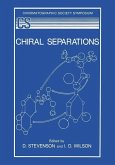Dieser Download kann aus rechtlichen Gründen nur mit Rechnungsadresse in A, B, BG, CY, CZ, D, DK, EW, E, FIN, F, GR, HR, H, IRL, I, LT, L, LR, M, NL, PL, P, R, S, SLO, SK ausgeliefert werden.
"I strongly recommend this book to those interested in understanding the mechanisms responsible for chiral recognition in chromatographic and electrophoretic techniques. ... This book may be of interest both to beginners and to confirmed practitioners in the field. ... Chiral recognition in separation methods is a valuable book compiling a detailed description of most of the essential chiral selectors employed in chromatographic and electrophoretic techniques. ... Both students and practitioners interested in enantiorecognition mechanisms should have it in their library." (Caroline West, Analytical and Bioanalytical Chemistry, Vol. 400, 2011)

